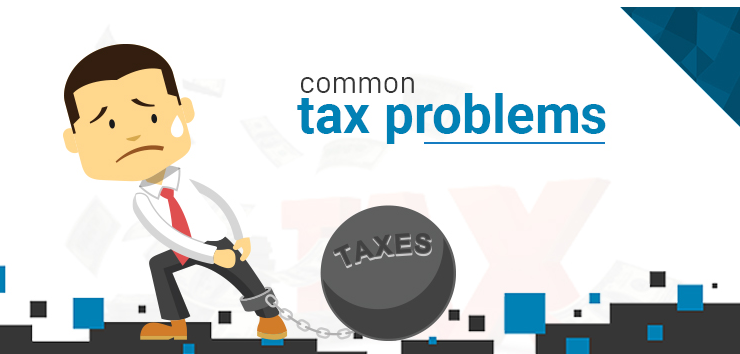No matter what your problem is with your taxes there is a solution. The IRS and states have put in place many different mechanisms to allow any taxpayer in any situation to resolve aa problem, no matter how bad you think your problem is. The worst thing you can do is to ignore the problem and not take action, if you owe the taxes and cannot pay there are various ways to resolve the problem depending on your unique financial problem and amount owed, whether it is settling for less than is owed or paying back the taxes owed through a monthly agreement, or putting collections on hold until your financial situation improves.
What is Tax Relief? Tax relief is an umbrella term that refers to tax reduction strategies and programs to get relief from tax debts. Tax reduction strategies include claiming deductions and credits. Relief for tax debts includes penalty abatement, installment agreements, offers in compromise, and currently not collectible status.
Tax payment options
There are many different payment options you can pursue if you cannot pay in full or on time. Once an agreement is set up you will be in good standing on your taxes even though they have not been paid off yet. If an agreement is not set up, you will be charged additional penalties for not having some sort of agreement set up.
Offer in compromise.
If your financial situation is very poor and you feel you may never be able to pay off the taxes owed, then it is a possibility you will be able to qualify for an offer in compromise in which you will be able to settle the taxes owed for less than the total amount owed. This is a difficult tax filing to obtain but it is available to those taxpayers whose situations are so bad that it would be unfair to hold them liable for the total amount they owe.
Penalty Abatement
If you feel you should not be held liable for the penalties you have been charged on taxes owed or penalties for unfiled taxes, it is possible to get these penalties removed. Penalties are a mechanism the IRS uses to scare taxpayers to stay in compliance with the laws and the IRS understands that there are legitimate circumstances a taxpayer should not be held liable, and they have therefore created penalty abatement.
Innocent spouse relief
This is a rare form of tax relief and only applies to those taxpayers that have filed joint tax returns in which they have a tax amount owed and they feel the amount owed should be the responsibility of the other spouse. When a joint return is filed both taxpayers are held liable for the entire amount owed. With innocent spouse relief, the tax liability can be placed entirely on one of the spouses or can be separated so both individuals are not jointly responsible for the entire amount.
Uncollectible/ Hardship status
There are times in which the IRS understands it would not be fair to collect the taxes owed at a certain point in time because it would create an unfair financial hardship on the taxpayer. The IRS will declare taxpayers currently not collectible for a period of time until their financial situation improves enough for them to pay their taxes
Suing the IRS
If you cannot resolve your issue through administrative channels, you may need to bring a lawsuit against the IRS. You can sue the IRS in Tax Court as long as you meet the deadlines. Otherwise, you can pay the tax and pursue refund litigation in a district or federal court.
Source: Taxcure

